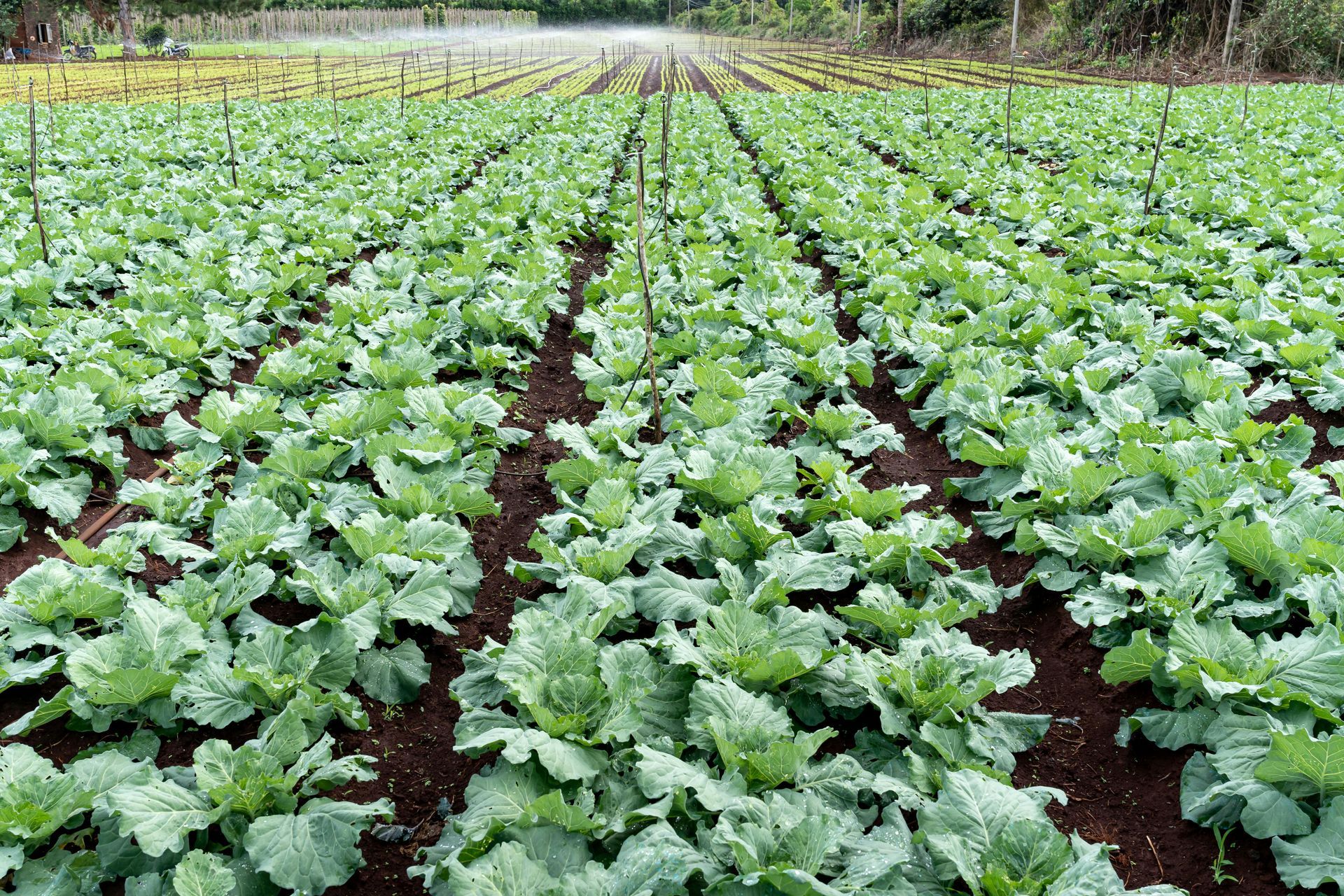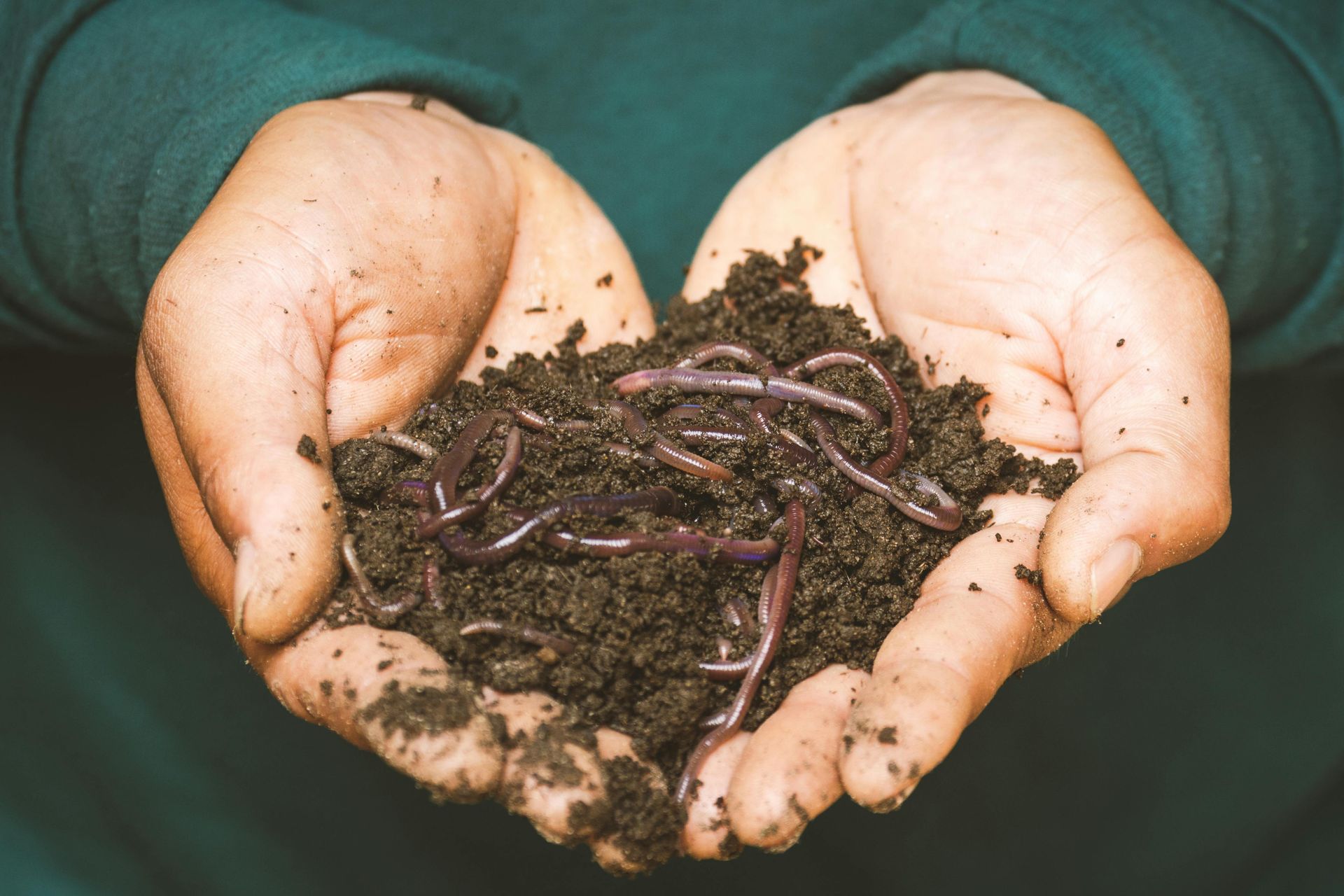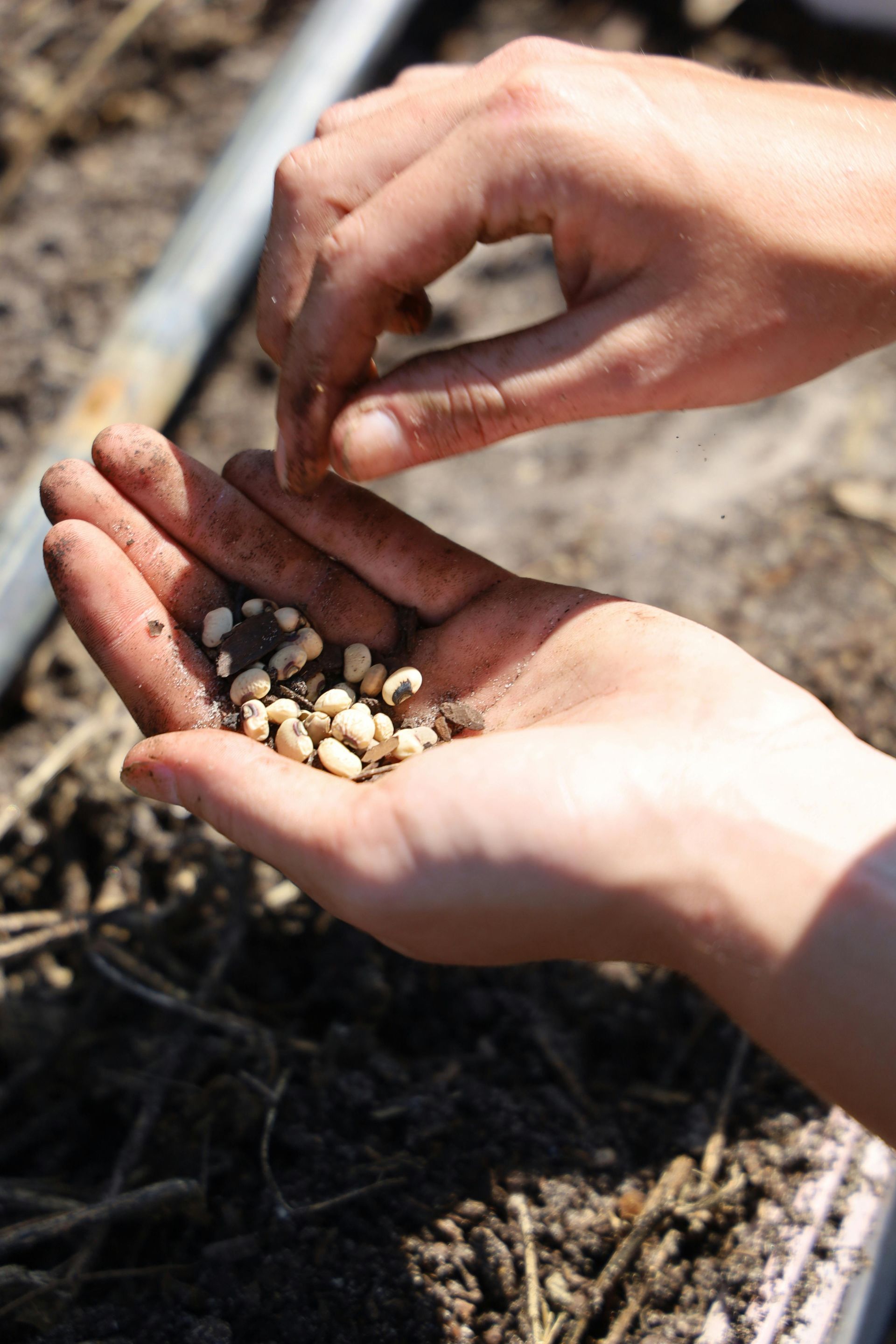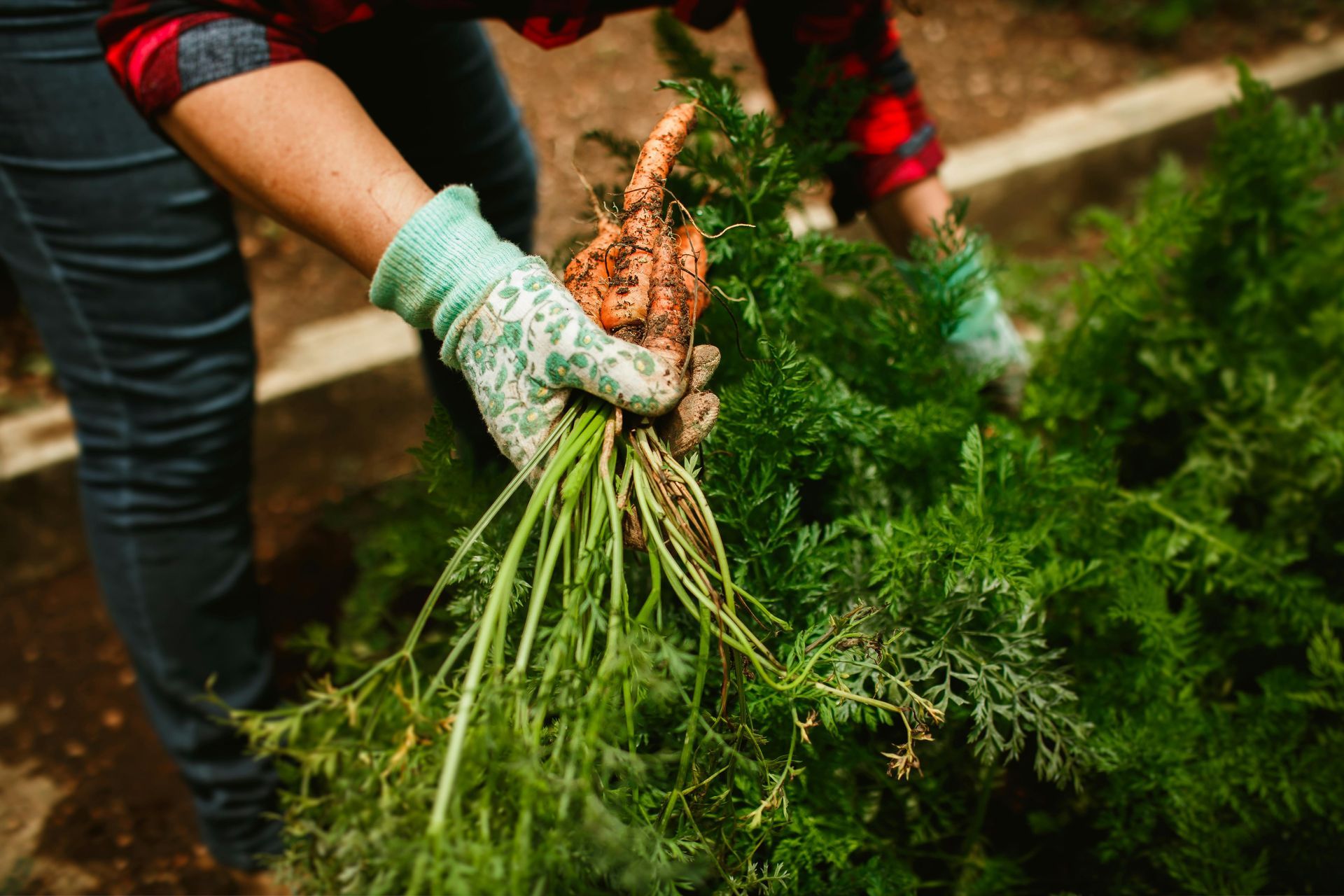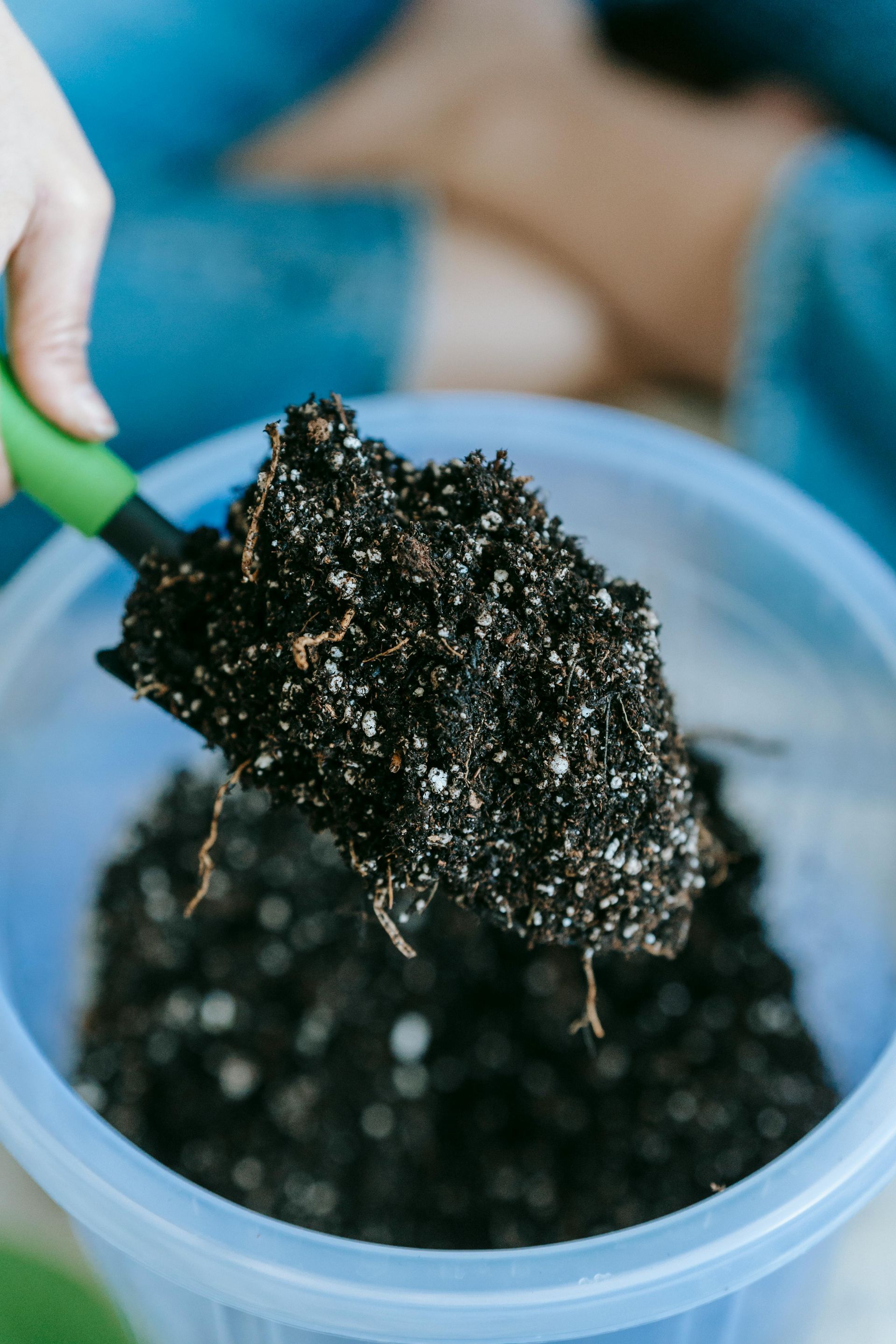The Complete Guide to Farm Chemicals: What You Can & Can’t Use in Louisiana
The Complete Guide to Farm Chemicals: What You Can & Can’t Use in Louisiana
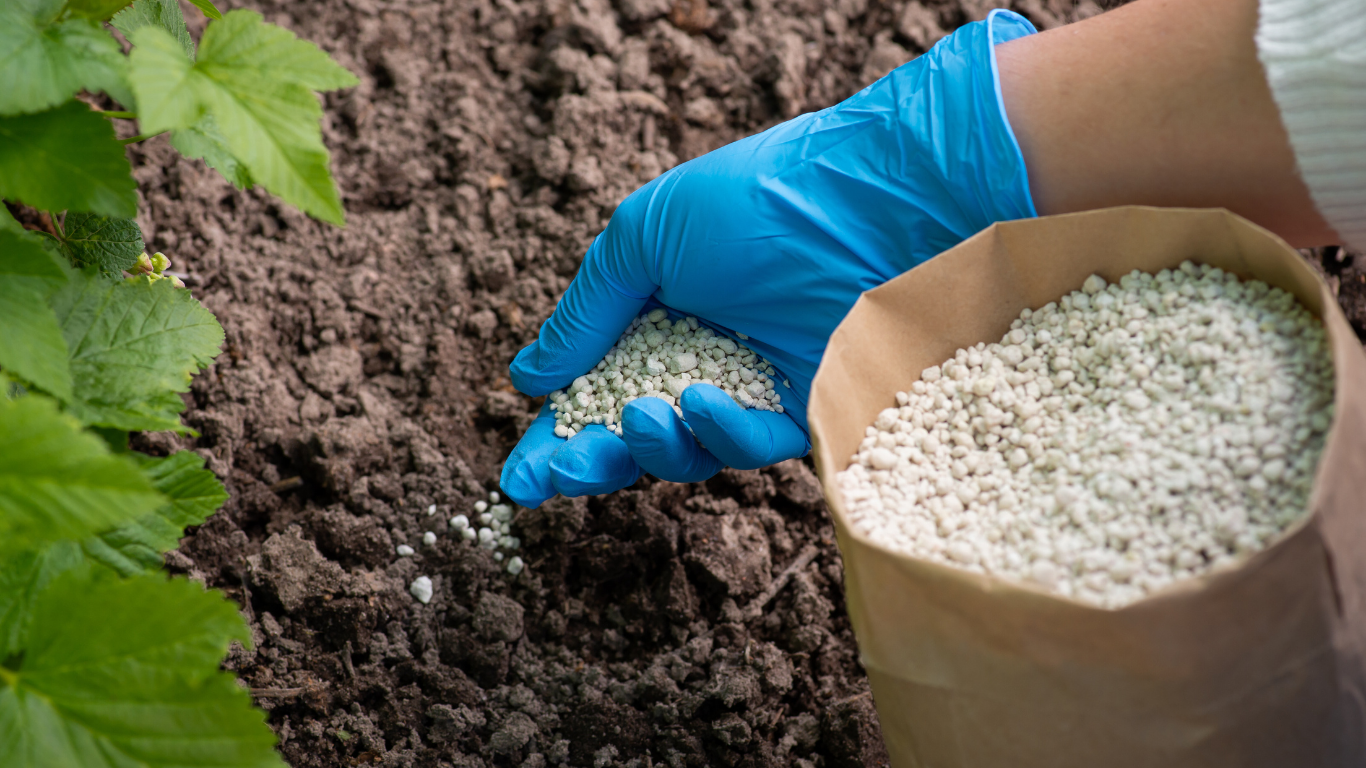
Choosing the right farm chemicals can make or break your growing season. From herbicides and insecticides to fungicides and soil conditioners, these products play a vital role in crop protection and yield optimization. But not all chemicals are created equal—and not all are legal or safe to use in Louisiana.
At Highland Growers LLC in DeRidder, LA, we help farmers, ranchers, and landowners navigate the ever-changing world of farm chemical regulations and performance. Whether you're managing a pasture, protecting a food plot, or maximizing a row crop, this guide will help you make smart, compliant decisions about chemical use in Louisiana agriculture.
What Are Farm Chemicals?
Farm chemicals are substances applied to soil, plants, or animals to enhance growth or protect against pests, weeds, and disease. These include:
- Herbicides – Control unwanted vegetation
- Insecticides – Eliminate or repel harmful insects
- Fungicides – Prevent or treat fungal infections in crops
- Pesticides – General term covering all pest-control chemicals
- Soil Amendments – Improve soil structure, pH, or fertility
- Plant Growth Regulators – Control plant development and maturation
Each chemical serves a different purpose and must be selected based on crop type, timing, and state-specific regulations.
Farm Chemical Regulations in Louisiana
The Louisiana Department of Agriculture and Forestry (LDAF) regulates the sale, distribution, and use of agricultural chemicals in the state. Key responsibilities include:
- Registering all commercial farm chemical products used in Louisiana
- Requiring certification for restricted-use chemical applicators
- Enforcing proper labeling and safety compliance
- Investigating misuse or drift complaints
What This Means for You:
- You
must follow label instructions—it’s the law.
- Restricted-use pesticides (RUPs) require applicator licensing.
- Certain chemicals are banned or limited in environmentally sensitive areas.
For full guidelines, visit Louisiana Department of Agriculture – https://www.ldaf.state.la.us
Common Farm Chemicals Used in Louisiana (and Their Purpose)
At Highland Growers, we stock a wide range of state-compliant chemicals tailored to Louisiana crops and conditions.
1. Herbicides
Used to kill or inhibit the growth of unwanted weeds or grasses.
Examples:
- 2,4-D – Broadleaf weed control in pastures and hayfields
- Glyphosate – Non-selective herbicide for pre-plant clearing
- Atrazine – Effective on corn and sorghum (restricted use)
Important: Atrazine and some pre-emergents have application rate and proximity limits. Always follow local guidelines.
2. Insecticides
Designed to control insect populations that damage crops.
Examples:
- Permethrin – Used in pasture, garden, and animal applications
- Carbaryl (Sevin) – General-use insecticide for gardens and row crops
- Bifenthrin – Popular for soybean, corn, and turf pests
Note: Some insecticides are highly toxic to pollinators. Avoid spraying during bloom periods or near active hives.
3. Fungicides
Control or prevent mold, mildew, blights, and rust in crops.
Examples:
- Chlorothalonil – Broad-spectrum fungicide for turf and vegetables
- Propiconazole – Common in row crop and forage applications
- Copper-based products – Approved for organic use and disease prevention
Fungicide application is often preventive. Best results occur when applied before or at the first sign of disease pressure.
4. Soil Amendments & Conditioners
Used to correct pH, improve structure, and enhance nutrient uptake.
Examples:
- Lime – Raises pH in acidic soils (very common in Beauregard Parish)
- Gypsum – Improves soil structure and drainage in clay-heavy areas
- Humic acid – Organic conditioner that supports nutrient uptake
We carry both granular and liquid soil conditioners suitable for a variety of applications, including pastures, gardens, and wildlife food plots.
Chemicals You Can’t Use (or Should Avoid) in Louisiana
Some chemicals have been banned, restricted, or phased out in Louisiana due to environmental or health risks. Examples include:
- Paraquat – Extremely toxic; restricted to certified applicators with training
- Chlordane – Banned due to long-term soil persistence and groundwater contamination
- DDT – Banned nationwide but occasionally found in old stockpiles
- Certain neonicotinoids – Restricted in some areas due to bee toxicity
Be Aware of These Red Flags:
- Old products with faded or missing labels
- Unknown substances in inherited storage sheds
- Chemicals with EPA registrations that have been revoked
Never apply a farm chemical if you’re unsure of its legality. When in doubt, bring it to Highland Growers—we’ll help you determine what’s safe and legal to use.
Safe Chemical Handling & Storage Tips
Improper handling and storage are among the leading causes of farm chemical accidents. Follow these best practices:
1. Read the Label—Every Time
Labels include legal requirements, safety warnings, and environmental guidelines. Never apply more than the label rate.
2. Use Personal Protective Equipment (PPE)
Minimum protection usually includes:
- Chemical-resistant gloves
- Long sleeves and pants
- Goggles or face shield
- Respirator (for certain applications)
3. Store Chemicals Safely
- Keep in original containers
- Store in a
locked, dry, and ventilated shed
- Keep away from livestock, children, and feed
Avoid direct sunlight or extreme temperatures
4. Maintain Application Records
Louisiana requires records for restricted-use pesticide applications, including date, rate, location, and applicator name.
Certification & Licensing for Chemical Applicators
Some chemicals in Louisiana are classified as Restricted Use Pesticides (RUPs). These products:
- Require a
certified applicator license
- Can only be sold to licensed individuals
- Must be applied according to strict guidelines
The Louisiana Department of Agriculture offers certification programs for:
- Private applicators (farmers using RUPs on their own land)
- Commercial applicators (pest control services, co-ops, etc.)
For certification info, visit: [LDAF Pesticide & Environmental Programs]
Real-World Use Case: Spot Spraying Pasture Weeds
A cattle farmer near DeRidder struggled with buttercup and bitterweed infestations across his spring pasture. He previously applied a generic broad-spectrum herbicide but saw only minimal results.
Highland Growers recommended a spot-spray mix containing:
- 2,4-D + dicamba for broadleaf weed control
- Surfactant to improve chemical penetration
- Correct nozzle settings for targeted application
The result? A 90% reduction in weed presence within two weeks and improved forage regrowth by mid-summer.
Frequently Asked Questions (FAQs)
Do I need a license to buy chemicals?
Only for Restricted Use Pesticides (RUPs). Most common farm chemicals are labeled for general use and do not require certification.
Can you help me choose the right chemical?
Yes. Bring us your field details, weed type, or pest issue and we’ll recommend a safe, legal solution.
Are your chemicals safe for food plots and livestock?
We carry options labeled for pasture, wildlife, and garden use. Always follow label instructions for grazing and re-entry intervals.
Can you dispose of banned or expired chemicals?
We do not dispose of chemicals, but we can direct you to local hazardous waste programs or LDAF collection events.
Shop Farm Chemicals with Confidence at Highland Growers
Selecting and applying the right farm chemicals doesn’t have to be complicated. At Highland Growers, we stock only approved, legal, and effective products for use in Louisiana and provide guidance based on years of local experience.
Whether you're dealing with weeds, insects, or soil issues, we’ll help you:
- Identify the right product for your crop or pasture
- Ensure safe and compliant use
- Improve long-term field performance
Visit us in DeRidder or contact us at https://highlandgrowers.com to speak with a knowledgeable team member. Serving Beauregard Parish and surrounding communities with trusted agricultural solutions.

